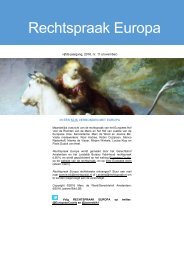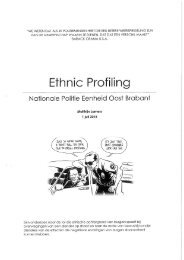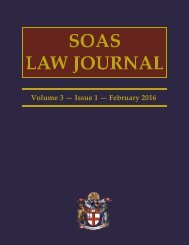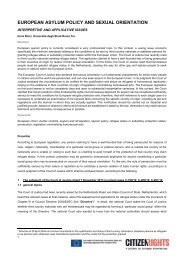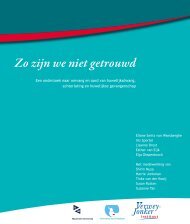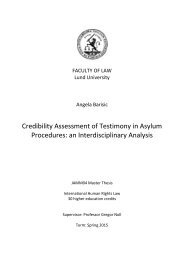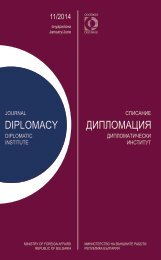AEMI
AEMI-2016-web
AEMI-2016-web
Create successful ePaper yourself
Turn your PDF publications into a flip-book with our unique Google optimized e-Paper software.
DANIELE VALISENA<br />
Conclusions: Between Anomie and<br />
New Multi-situated Identity<br />
‘To migrate is to migrate with one own history,<br />
traditions and one own peculiar way<br />
of thinking and feeling’ 17, wrote Sayad.<br />
Migration studies, especially nowadays,<br />
I think, are more about understanding<br />
this point of view that comes from<br />
below than to translate it into general<br />
defining structures. These structures are<br />
probably not yet established.<br />
New mobilities break the former<br />
link between the spatial localization of<br />
the identity construction and migrants’<br />
agency, which previously was mediated<br />
by the state, the village, the political<br />
party or the country. We could say that<br />
they push us to re-think the relationship<br />
between space and identity.<br />
From the point of view of economic<br />
migration paradigm, new mobilities are<br />
more a ‘continuation of risky life paths’ 18 ,<br />
as Verwiebe wrote, that can lead to a<br />
new social achievement, especially for<br />
high-educated middle class migrants.<br />
At the same time, new mobility life<br />
patterns are risky from a social point of<br />
view, because they are not mediated by<br />
a network, like it was in the past. They<br />
create also new inequalities, socially (social<br />
advantages through nationality), politically<br />
(exclusive nationalized welfare<br />
policies) and economically (bad job for<br />
high skilled workers from the South).<br />
So, we can see a double movement:<br />
continuation of a life-work path, but<br />
also a risk:<br />
Here in Berlin also being a waitress is<br />
OK, because they pay you as they should<br />
and here you can manage to live with it,<br />
not like in Italy. […] Also, it’s OK because<br />
you have always the opportunity to<br />
179<br />
look for a new job, to improve, without<br />
giving up your dream, tough it’s not easy<br />
and you don’t know if you’ll ever make<br />
it. Still, you have this possibility, while in<br />
Italy what would I do? 19<br />
The moving identities of new mobiles<br />
follow paths built on shared cultural features,<br />
common pratiques du quotidien,<br />
everyday life practices, and collective<br />
values that overlay inherited ethnical,<br />
national and politically structured elements.<br />
This process, which needs to be<br />
re-negotiated everyday, can easily lead<br />
to an anomic state of isolation and marginalization,<br />
shaped by the impossibility<br />
to find a belonging space, imaginary or<br />
physical.<br />
On the other side, many mobiles<br />
find in this volatility the opportunity to<br />
grow professionally and socially, giving<br />
up the ‘burden’ of national belonging.<br />
Also, new, transnational practices, such<br />
as urban gardening, gender or sexual<br />
freedom, antifascist, environmental or<br />
other form of political militancy from<br />
below are spreading, creating new forms<br />
of inclusion and so new a-national, European<br />
identities. Social and private are<br />
mixed to recreate a new form of agency<br />
through an explicit adhesion that elsewhere<br />
could lead to a state of marginality<br />
and exclusion.<br />
To paraphrase the famous D’Azeglio<br />
statement, we made the Europeans, now<br />
we need to make Europe: between moving<br />
identities and the absence of identity<br />
– anomie - it is a delicate balance.



